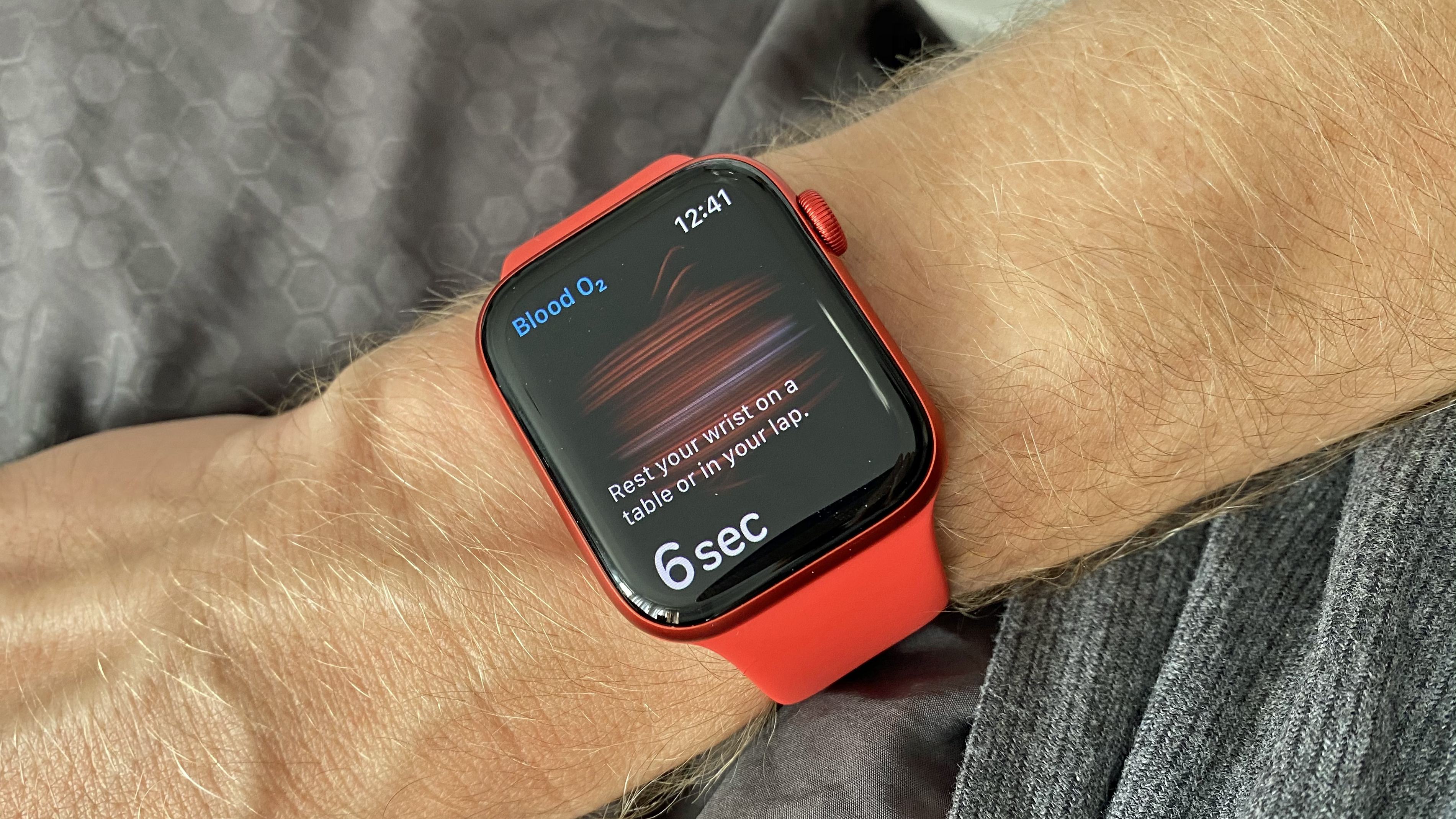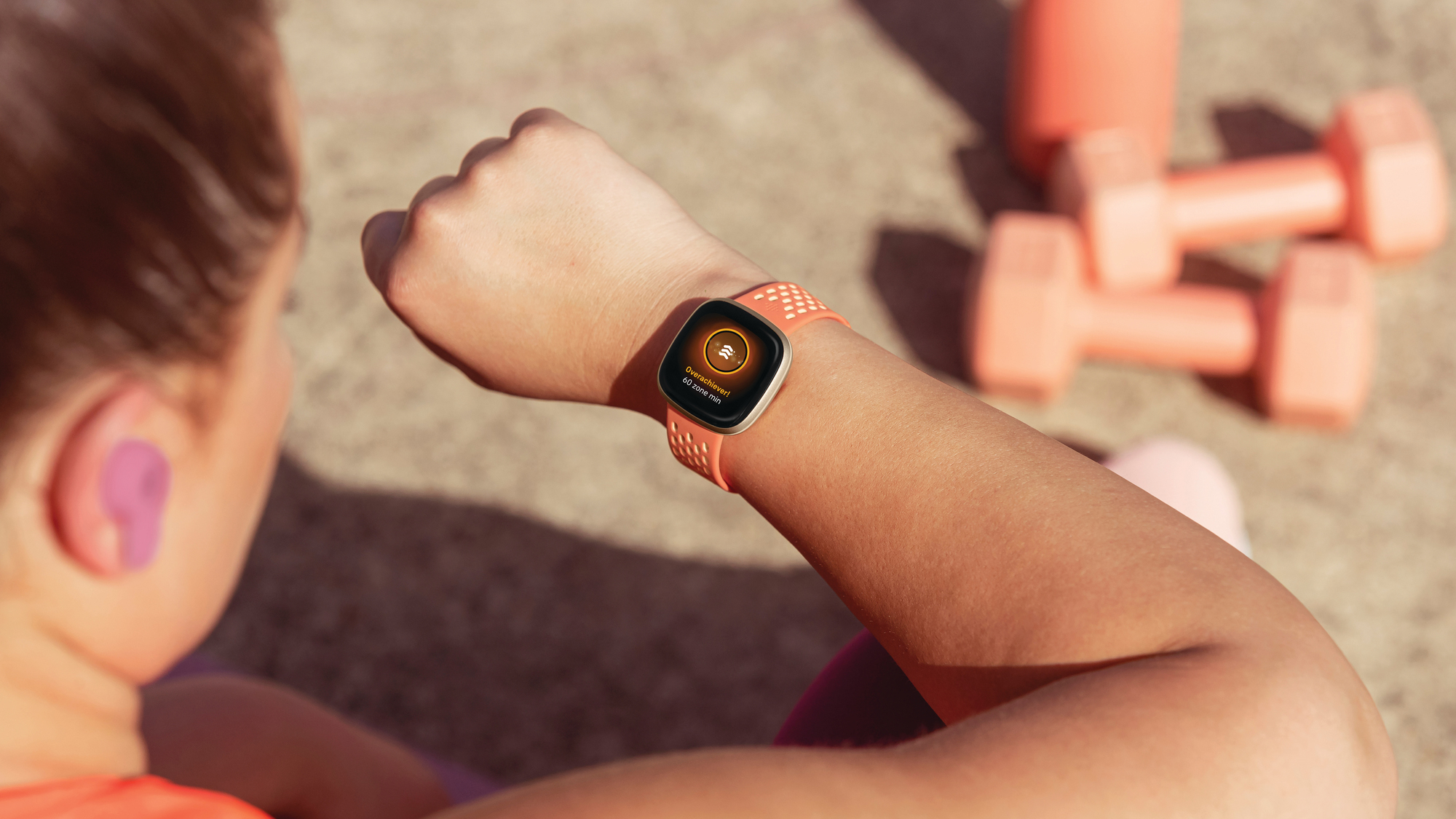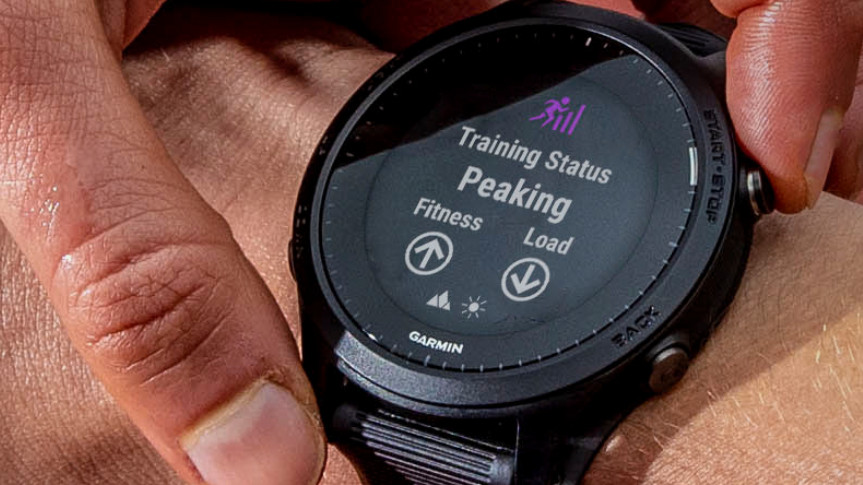Should I buy a fitness tracker?

If you want to develop healthier habits, and need a gentle nudge to help you along the way, a fitness tracker can be a great tool.
It's a wrist-worn device that tracks your movement and other statistics throughout the day, and encourages you to walk a little more, try a workout that will raise your heart rate, drink more water, and take the stairs rather than the elevator. They're small changes, but all add up to a healthier lifestyle.
The fitness tracker connects to an app on your phone, where you can see statistics such as your heart rate, sleep patterns, and step counts over time, and often receive virtual badges to reward your efforts. Some fitness trackers also let you connect with friends, share achievements, and compete with one another in mini challenges.

Fitbit is a brand that's almost synonymous with fitness tracking, and it makes some of the best fitness trackers around, but it's not your only choice. For example, Chinese company Amazfit has released some excellent and very affordable fitness trackers in recent months, including the Amazfit Bip.
Huawei's fitness trackers are also well worth considering; the Huawei Band 6 offers a lot of bang for your buck, and if you can afford to spend a little more, the Huawei Watch Fit is one of the best fitness trackers in its class.
Fitness tracker features
Early fitness trackers were simple pedometers that tracked how many steps you took each day, and encouraged you to meet a certain goal. They were useful enough, but couldn't tell you how your efforts were improving your health, or differentiate between walking and more intense activities.
Almost all modern fitness trackers can also measure your heart rate throughout the day. This is done using an optical sensor – an LED shines on your wrist, and the sensor detects changes in the light reflected back from your skin as your heart beats.
Sign up for breaking news, reviews, opinion, top tech deals, and more.
This has several purposes. A lower resting heart rate is generally a sign of better fitness, and if your resting heart rate decreases as you change your daily habits, it's a good indication that you're on the right track.
Measuring changes in heart rate also enables the device to determine how hard you’re pushing yourself during a workout., and how quickly your heart rate returns to normal afterwards
The World Health Organization recommends that adults should do between 150 and 300 minutes of moderate-intensity aerobic physical activity each week; or at least 75–150 minutes of vigorous-intensity aerobic physical activity – or a combination of the two. Most fitness trackers use these guidelines (or very similar ones) and encourage you to meet these goals.

Heart rate monitoring also helps a fitness tracker monitor your sleep patterns. Most modern fitness trackers have an accelerometer, which enables them to detect body movement in 3D space.
When your heart rate lowers and you're lying still, the device determines that you're sleeping and is able to estimate sleep stages based on restlessness and changes in heart rate.
Many fitness trackers can also connect to your phone's GPS receiver, which allows them to track your position over time during outdoor activities, and therefore calculate your distance and speed. This type of positioning is fine for casual walks, runs and bike rides, but for more accurate results, you should look for a fitness tracker with on-board GPS, which doesn't rely on a connection to your handset.
This also means you can leave your phone at home during workouts, and still see your speed, distance and route. If you’re preparing for your first 5k or 10k race, this is a feature to look out for.
Fitness tracker or smartwatch?
There's a lot of crossover between fitness trackers and smartwatches, and many look very similar. The main difference is that smartwatches perform more functions, and are loaded with a wider variety of apps, whereas fitness trackers are focused on wellbeing.
For example, the Fitbit Inspire 2 measures your heart rate 24/7, tracks your breathing rate (with guided breathing sessions for when you're feeling stressed), counts steps, tracks how long you spend in different heart rate zones and monitors sleep patterns.
It has some non-fitness features, including the ability to receive smartphone notifications, but everything else is focused on wellbeing, and you can't install extra apps on it.
The Apple Watch 6 does all this and a lot more, including letting you listen to music, audiobooks and podcasts, make and receive phone calls, use Siri voice commands, access maps, and – most importantly – take your pick from thousands of specially made Apple Watch apps.

Stargazing, translating languages, checking restaurant reviews, checking sports scores, making voice recordings and online banking – there's an app for almost everything.
Unsurprisingly, all this comes at a cost, and a high-end smartwatch can easily cost several times as much as an equivalent quality fitness tracker.
If you're not sure whether a fitness tracker or a smartwatch would suit you best, there are some devices that straddle the line.
The Fitbit Versa 3, for example, offers all the fitness monitoring tools of the Fitbit Inspire 2, plus contactless payments through Fitbit Pay, the ability to stream music from Deezer and Pandora (or control your Spotify playlist), and make calls from your wrist via a Bluetooth connection to your phone.
You can also download additional apps from the Fitbit store, though the selection is much smaller than that available for the Apple Watch.

Devices like this sit somewhere in between fitness trackers and all-singing, all-dancing smartwatches in terms of price, and are a good balance of the two in terms of features.
Fitness tracker or sports watch?
If you're seriously involved in a particular sport, such as cycling, running or swimming, you'd be better served by a dedicated sports watch from a company like Garmin, Polar or Coros (we've rounded up the best running watches available today, but many of these are excellent for other sports as well).
These devices are equipped with on-board GPS to accurately map your activities, and many can also give turn-by-turn directions to help you navigate new routes, and get back home afterwards.

If you're most at home on the course, a dedicated golf watch will be a better choice than a fitness tracker.
These come pre-programmed with maps for thousands of courses worldwide, plus yardages, shot tracking, wind speed and direction, and sometimes even a virtual caddie to help you choose the right club.
These purpose-built sports watches are often considerably more expensive than fitness trackers, and are likely to be overkill if you're into sports more casually. If you're more interested in ad-hoc workouts then a fitness tracker will be the better choice.
- On a budget? We've tested and ranked the best cheap fitness trackers

Cat is TechRadar's Homes Editor specializing in kitchen appliances and smart home technology. She's been a tech journalist for 15 years, having worked on print magazines including PC Plus and PC Format, and is a Speciality Coffee Association (SCA) certified barista. Whether you want to invest in some smart lights or pick up a new espresso machine, she's the right person to help.